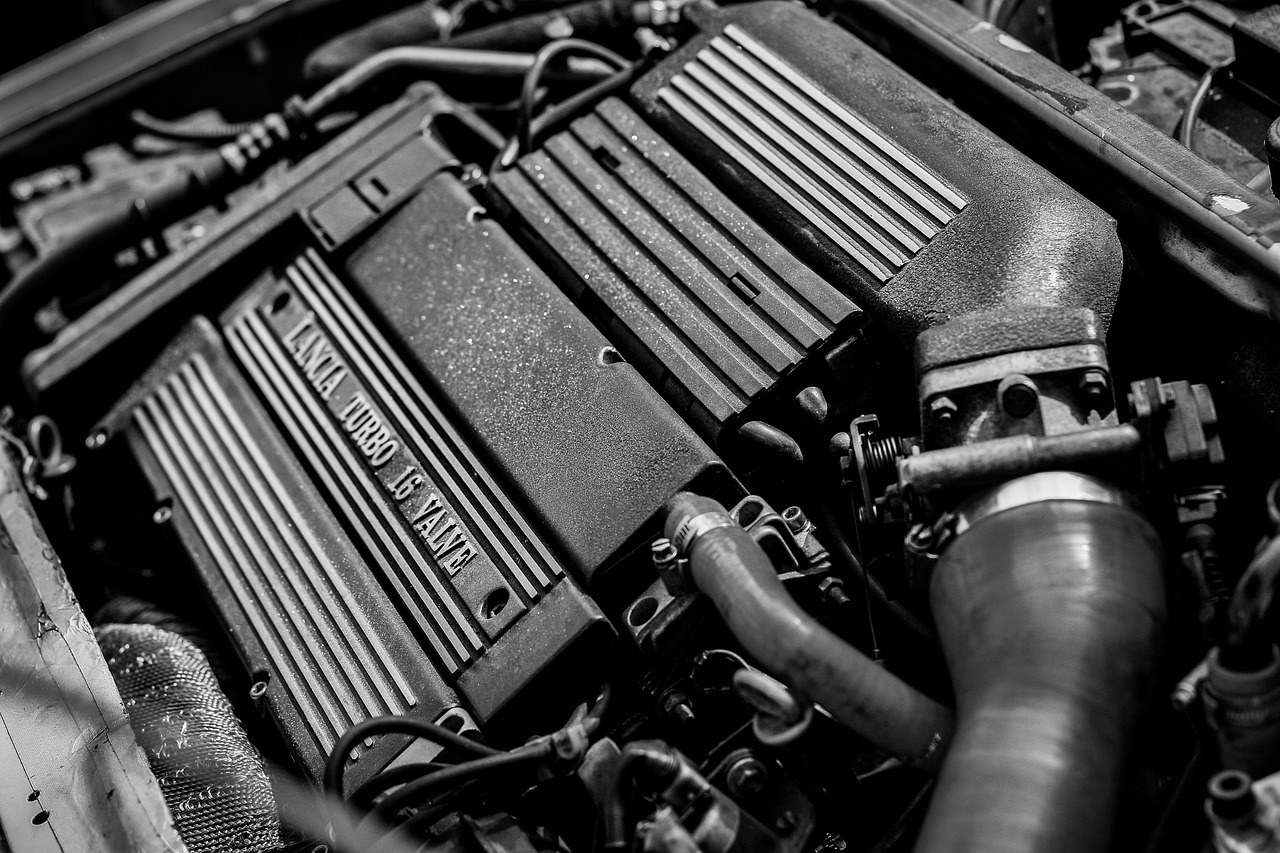The Evolution of Automotive Engine Technology: From Carburetors to Fuel Injection
Carburetors have played a significant role in the evolution of automotive engines over the years. Initially developed to mix air and fuel for combustion in early internal combustion engines, carburetors were a fundamental component of the automotive industry’s growth. These devices were intricate in design, comprising various chambers, jets, and valves to regulate the fuel flow into the engine.
The evolution of carburetors saw advancements in their design and functionality, leading to improved engine performance and efficiency. Engineers continually refined carburetor technology to meet the demands of evolving automotive designs and driving conditions. Despite their effectiveness in fuel delivery for many years, carburetors eventually gave way to more sophisticated fuel injection systems, which offered even greater precision and control over the air-fuel mixture in combustion engines.
Transition from Carburetors to Fuel Injection
Carburetors have long been the go-to component for mixing air and fuel in traditional automotive engines. However, as technology advanced, the limitations of carburetors became more apparent. In response to these limitations, the automotive industry began to shift towards fuel injection systems.
Fuel injection systems paved the way for more precise control over the air-fuel mixture entering the combustion chambers, leading to improved fuel efficiency and reduced emissions. Unlike carburetors, which rely on air pressure and vacuum to regulate fuel flow, fuel injection systems utilize electronic sensors and actuators to precisely deliver the optimal amount of fuel for varying driving conditions. This transition marked a significant milestone in the evolution of automotive engines, enhancing performance and overall engine efficiency.
Advantages of Fuel Injection Over Carburetors
Fuel injection offers improved fuel efficiency compared to carburetors. With precise control over the amount of fuel delivered to the cylinders, fuel injection systems can optimize the air-to-fuel ratio for better combustion, resulting in reduced fuel consumption and lower emissions. This efficiency also leads to better performance, as fuel injection systems can deliver the right amount of fuel at the right time, ensuring smoother acceleration and consistent power output.
In addition, fuel injection systems provide better cold start performance. By delivering a precise amount of fuel directly into the cylinders, fuel injection systems can help engines start more smoothly in cold weather conditions. This eliminates the need for manual adjustments like choke controls, making it easier for drivers to start their vehicles in various climates without worrying about engine stalling or rough idling.
What is the main advantage of fuel injection over carburetors?
Fuel injection provides more precise control of the fuel-air mixture, resulting in improved fuel efficiency and reduced emissions compared to carburetors.
How has the evolution of carburetors in automotive engines affected the transition to fuel injection?
As technology has advanced, automotive manufacturers have moved away from carburetors in favor of fuel injection systems due to their superior performance and efficiency.
Are there any other benefits of fuel injection over carburetors?
Yes, fuel injection systems are more reliable, require less maintenance, and allow for better engine performance under varying operating conditions.
Can older vehicles with carburetors be upgraded to fuel injection systems?
Yes, there are aftermarket fuel injection kits available that can be installed on older vehicles to improve performance and fuel efficiency.
How do fuel injection systems contribute to reduced emissions?
Fuel injection systems can deliver the precise amount of fuel needed for combustion, resulting in cleaner exhaust emissions compared to carburetors which may deliver too much fuel.







